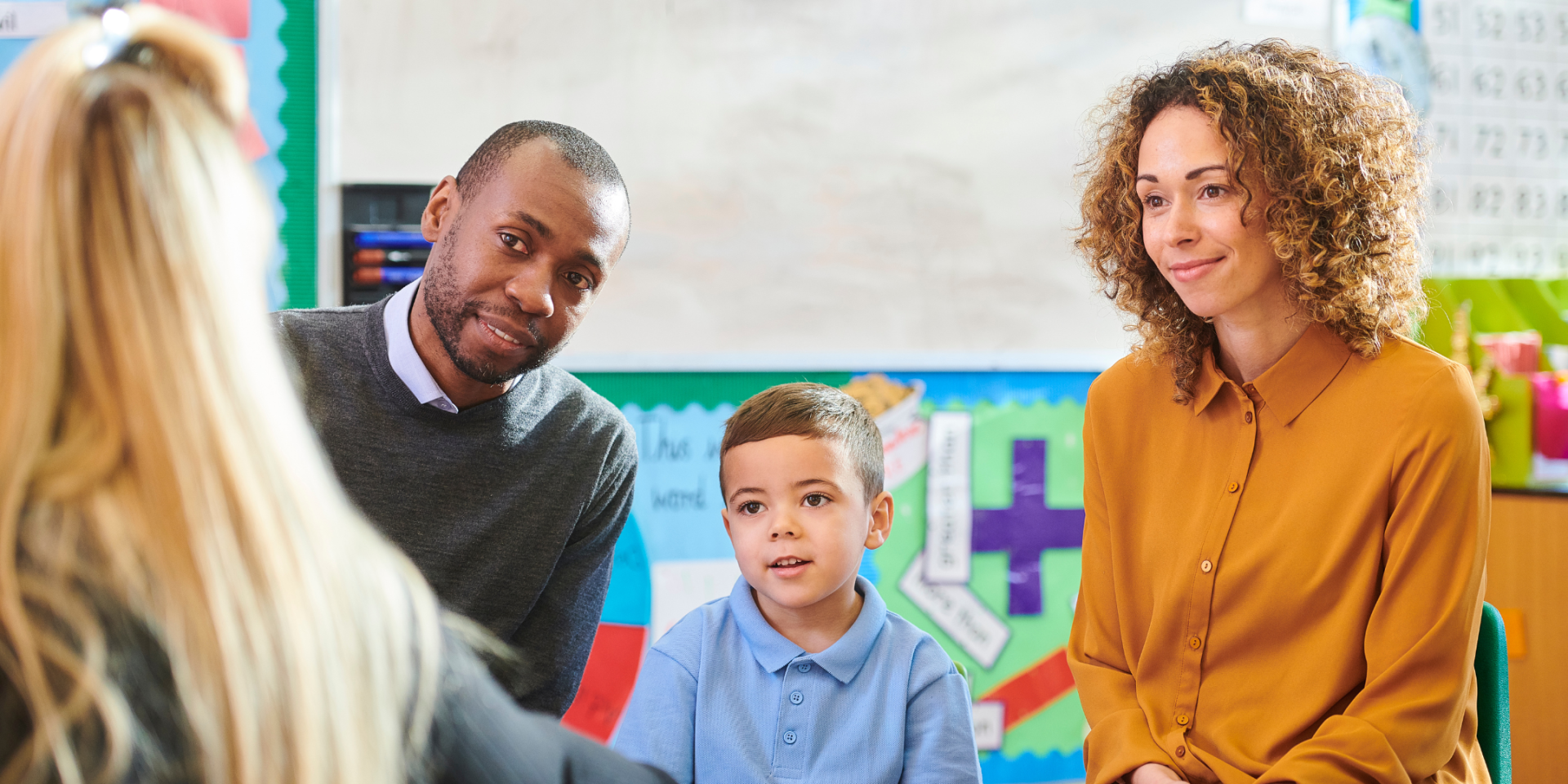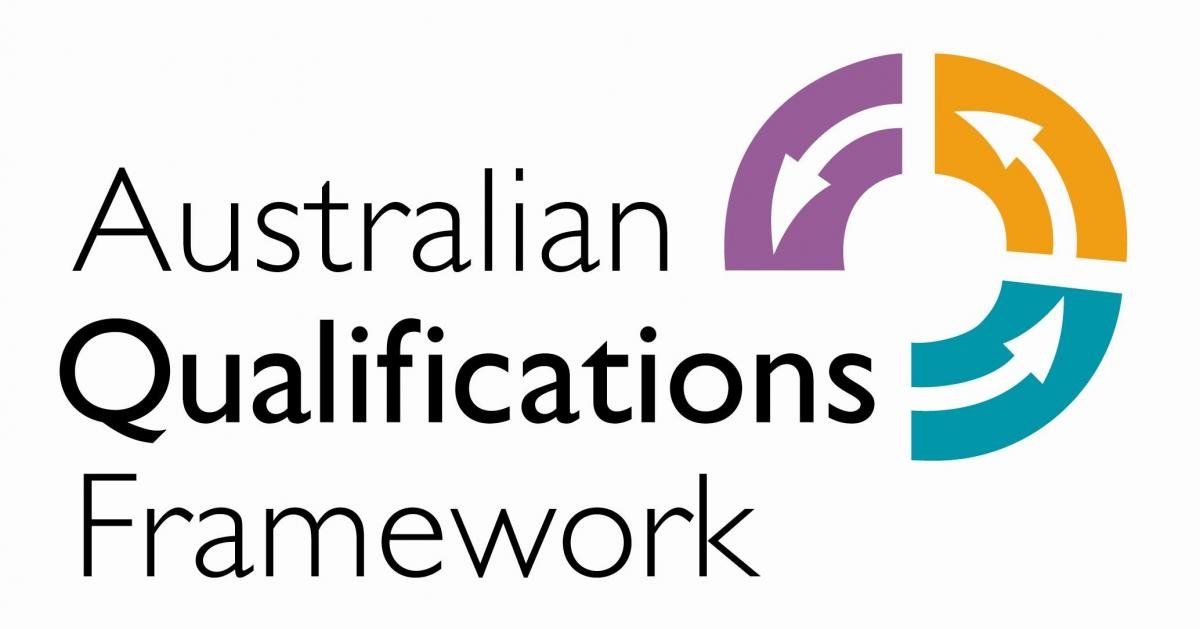5 strategies for teachers and caregivers to help children through divorce
There are now over one million children in Australia going through a family breakdown. This almost always causes stress for children, with over 25% of children experiencing long term trauma as a result. Reduced access to once familiar extended family, the introduction of stepparents and step siblings, and the reduced presence of once consistent parents, can all contribute to children feeling fearful and uncertain. This week, Dr Mary Anne Hall from EPEC Education, provides five ways teachers and carers can assist children in transition while they are at school and at day care.

1) Understand the challenge children are experiencing. Children are very good at picking up adult cues, so they sense what is going on between Mum and Dad, especially if there is conflict in the home. This may result in the child ‘acting out’ in the care setting. Utilise normal behavioural strategies, but always approach with compassion and empathy.
2) Reduce technology in favour of connection. The increase in technology means that children now have reduced mental ‘space’ to understand and process their own emotions. To combat this, make your programs innovative and creative. Acknowledge different family structures in your group time and make your room one of belonging. Sensory toys, journaling for older children, and the use of emotion walls, can all help children feel more settled in times of uncertainty.
3) Avoid too much structure, instead use ‘gentle’ routines. When children are experiencing upheaval in the home, it’s essential their school or day care is a safe place, with consistent routines and emotionally available educators. Take care however, not to ‘over structure’. Be flexible to promote connection. If siblings are unsettled, allow them time together in the same room to provide comfort and support to each other.
4) Use emotional validation strategies to process feelings. When a child approaches you or you notice they are struggling, get down to their level, give them a little hug and say, “I can see that you’re really sad today, tell me about it”. Allow the child to express how they’re feeling, and to brainstorm their own strategy for self-soothing. Say, “What would make you feel better”? If necessary, offer some suggestions. Maybe a call home to Mum or Dad, holding a favourite toy, or spending time with a favourite friend, may help reduce their discomfort.
5) Remain neutral and impartial. It is essential to remain a ‘sanctuary’ for the child in times of transition. Acknowledge the parents and recognise that they’re distressed but do this without becoming involved. Say, “I’m really sorry to hear you are going through all of this” – but don’t put your own judgements on the end. Do not take sides!
It is important for teachers and caregivers to tap into their own empathy and really connect with the child. Suggestions such as encouraging the child to play with a favourite toy, or calling Mum or Dad, should be done in combination with acknowledgement and validation of the child’s feelings. Children in transition need to know their teacher/carer is their safe person, the person they can connect with and rely on. Now more than ever, they need this reassurance and validation.
Follow EPEC Education on Facebook for updates on our Early Childhood Webinars. Check out www.epeceducation.com.au for all of our wonderful resources and training products.






